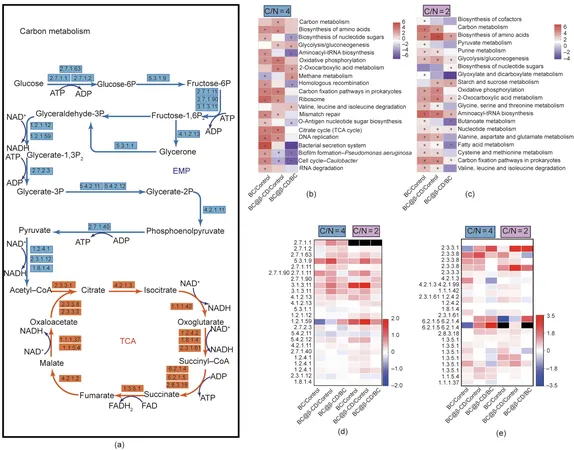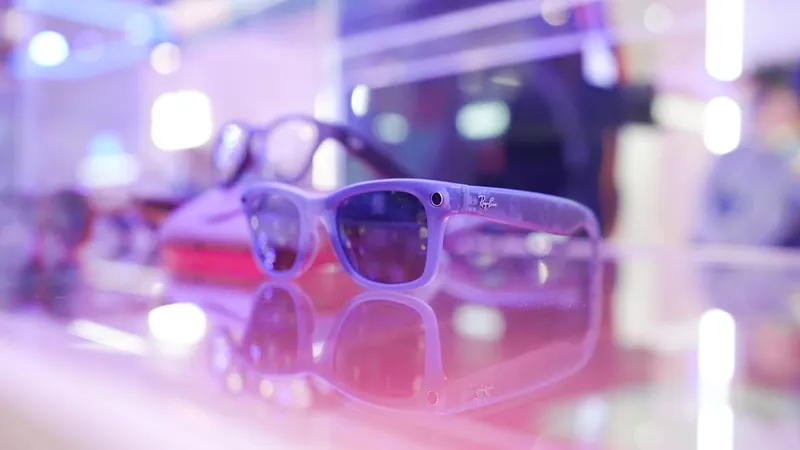
Revolutionary Stem Cell Procedure Reverses Type 1 Diabetes in Groundbreaking Case
2024-09-28
Revolutionary Stem Cell Procedure Reverses Type 1 Diabetes in Groundbreaking Case
In a historical breakthrough, a 25-year-old woman from China has become the first individual diagnosed with Type 1 diabetes to successfully reverse her condition through a pioneering procedure using her own stem cells. This remarkable advancement could hint at a future where individuals with diabetes might no longer be dependent on insulin injections for survival.
In a study published in the prestigious journal Cell, a team of researchers from China revealed that after undergoing the procedure, the woman began producing insulin naturally. She shared her newfound dietary freedom, exclaiming, "I can eat sugar now. I enjoy eating everything—especially hotpot." This personal testament illustrates the profound impact the treatment has had on her quality of life.
The experimental process began with the researchers extracting adult cells from the woman, as well as from two other Type 1 diabetes patients, and reprogramming them into stem cells capable of transforming into various cell types or tissues. After this conversion, the stem cells were treated with specific chemicals to coax them into specialized islet cells critical for insulin production.
A significant innovation in this study was the location chosen for transplanting the newly formed islet cells. Instead of the liver, where similar procedures had previously taken place, the cells were implanted into the woman's abdominal muscles. This strategic choice allowed for better observation and monitoring using magnetic resonance imaging (MRI), providing real-time data on how her body accepted the transplanted cells.
In a stunning turn of events, within three months of the procedure, the woman no longer required insulin injections, and a year later, her blood glucose levels remained stable without medication. Deng Hongkui, a biologist from Peking University and co-author of the study, reported that positive results were also observed in the other participants, suggesting a promising horizon for more extensive clinical trials.
The implications of this study are immense, especially considering that previous attempts to inject stem cell-derived islets into patients relied on cells not sourced from the patients' own bodies, necessitating immunosuppressive drugs to prevent rejection. The innovation of using the patient's stem cells in this case eliminates that complication to a degree. However, the woman involved was already on immunosuppressive drugs due to an earlier liver transplant, which could have played a role in her body's positive response.
Despite this groundbreaking success, researchers caution that further follow-up is necessary to determine the long-term viability of the treatment, as questions about the sustainability of insulin production over years remain unanswered. Expert Jay Skyler from the University of Miami emphasizes the importance of continued research, suggesting that if these results stand the test of time, they could revolutionize diabetes treatment globally.
This dramatic progress comes even as other research teams explore similar methodologies. Notably, a recent study illustrated the successful use of reprogrammed stem cells from a patient with Type 2 diabetes, showcasing the versatility of stem cell therapy across diabetes types.
With diabetes affecting millions around the world, these developments usher in an era of hope, indicating that innovative treatments may soon offer new lifelines to those living with this challenging condition.









 Brasil (PT)
Brasil (PT)
 Canada (EN)
Canada (EN)
 Chile (ES)
Chile (ES)
 España (ES)
España (ES)
 France (FR)
France (FR)
 Hong Kong (EN)
Hong Kong (EN)
 Italia (IT)
Italia (IT)
 日本 (JA)
日本 (JA)
 Magyarország (HU)
Magyarország (HU)
 Norge (NO)
Norge (NO)
 Polska (PL)
Polska (PL)
 Schweiz (DE)
Schweiz (DE)
 Singapore (EN)
Singapore (EN)
 Sverige (SV)
Sverige (SV)
 Suomi (FI)
Suomi (FI)
 Türkiye (TR)
Türkiye (TR)